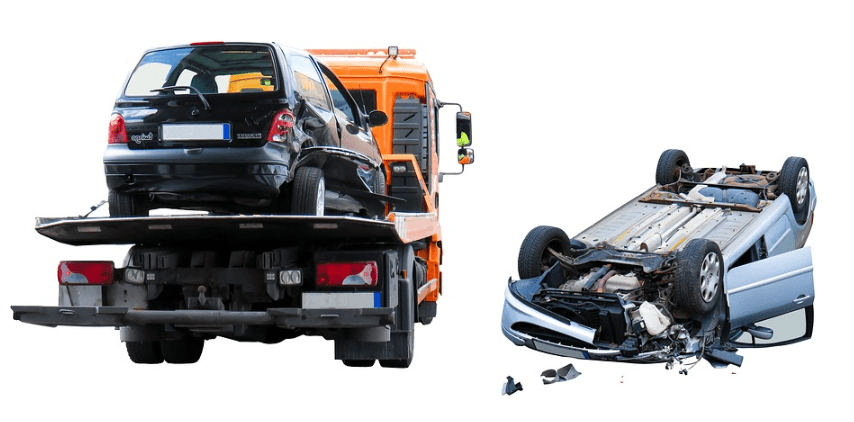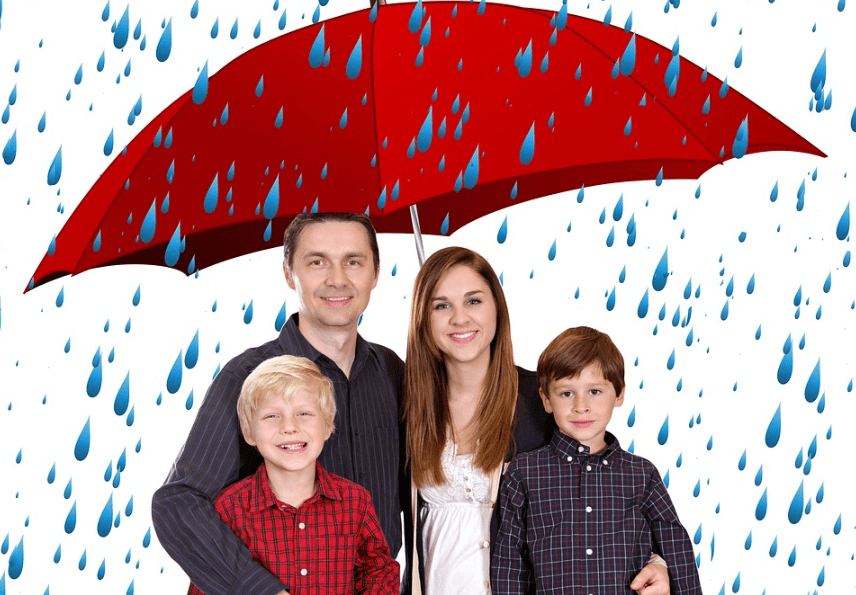Top Cheapest Homeowners Insurance Companies 2022
Let’s look at the top Cheapest Homeowners Insurance Companies. Your house and all the valuables inside add up to a big investment.
Homeowners insurance is an essential safety net to protect that investment, so you want a quality company. We evaluated large insurers to find the best home insurance.
Top Cheapes Homeowners Insurance Companies Ratings
| Home insurance company | Forbes Advisor rating |
|---|---|
| Erie |  |
| USAA | |
| Auto-Owners | |
| Chubb | |
| Farmers | |
| Lemonade | |
| State Farm | |
| American Family | |
| Nationwide | |
| Country Financial | |
| Progressive | |
| Allstate | |
| Travelers |
What Is Homeowners Insurance?
Homeowners insurance is a mix of coverage types that protect your investment in your home.
It covers the dwelling (house), other structures such as fences, and personal belongings from accidents and problems, such as house fires and theft.
Homeowners insurance also provides liability coverage, which pays for property damage and injuries that members of your household cause to others.
Liability coverage also pays for legal defense and settlements if you are sued for an injury or property damage.
A standard home insurance policy includes additional living expenses (ALE) coverage, which pays for extra costs if you can’t live at home because of damage that’s covered by the policy.
Extra expenses could include hotel lodging, restaurant bills, and other services (such as pet boarding).
What Does Home Insurance Cover?
A standard home insurance policy contains these valuable coverage types.
Dwelling coverage
The dwelling section of a home insurance policy covers your house structure. The dwelling coverage amount should reflect the cost to rebuild your home based on the construction and labor costs in your area. There’s related coverage for other structures such as a fence or unattached garage,
Personal property coverage
This coverage pays to repair or replace your personal belongings if they are damaged or destroyed.
This encompasses furniture, clothes, kitchenware, house decor such as curtains, and everything you have packed away in boxes in your basement or attic.
The coverage amount for personal property is usually set between 50% to 70% of the dwelling coverage amount.
For example, if your dwelling is insured for $250,000 and your contents coverage is set at 50%, you’ll have $125,000 in contents coverage. You can buy more personal property coverage if you need it.
Liability insurance
While it’s easy to focus on the material items like your house and belongings, homeowners insurance includes crucial coverage for liability.
This liability insurance pays for injuries and property damage accidentally caused by you to others.
For example, if a guest trips on your sidewalk and gets hurt, liability insurance can pay their medical bills. Liability also pays for a lawsuit judgment if you’re sued.
If your liability coverage is inadequate, you could be on the hook for any amount over the policy limits.
For the best homeowners insurance coverage, a general rule of thumb is to buy enough liability insurance to cover your net worth, or what can be taken from you in a lawsuit.
Umbrella insurance is an inexpensive way to add more liability insurance.
Additional living expenses coverage
Also known as “loss of use,” this coverage pays for expenses like hotel bills, restaurant meals, and pet boarding if you can’t live in your home while it’s being repaired due to damage covered by the policy.
The amount you have for additional living expenses coverage is typically set at a percentage of your dwelling coverage amount, but you can buy more if you don’t think it’s enough.
Other Home Insurance Considerations
“Schedule” high-value items: Certain types of items, such as jewelry, have “sub-limits,” meaning your insurance company will only pay up to a certain amount for those items.
For example, a standard home insurance policy usually has a $1,500 sub-limit for theft of jewelry.
To properly insure valuable items, consider “scheduling” them. When you schedule personal property you insure items separately for their full value, and the coverage in your home insurance policy can then be used for everything else, such as clothes, rugs, and kitchenware.
Consider getting replacement cost instead of actual cash value (ACV) coverage: Replacement cost pays to replace an item with a brand-new version, whereas ACV reimburses you for an item’s depreciated amount.
Have a five-year-old TV that was destroyed in a fire? Then you would be reimbursed for a five-year-old TV under ACV coverage.
Choose replacement cost coverage if you’re looking for the best homeowners insurance.
Buy endorsements that fill specific gaps: Endorsements are add-ons. They are a good way to tailor your home insurance policy and fill in any coverage gaps.
For example, some insurance companies sell increased coverage for landscaping, home systems breakdown, and water backup, and sump overflow.
Buy additional insurance for certain natural disasters: Even the best homeowners insurance plans can unravel if certain natural disasters hit, such as floods, earthquakes, and landslides.
These problems aren’t covered by standard home insurance. They require special policies such as flood insurance and earthquake insurance.
How Much is Homeowners Insurance?
We found a national average of $1,854 a year for homeowners insurance for a house insured for $300,000.
Your home insurance cost will vary depending on factors such as where you live, the amount of coverage you choose, the age of the home, and your insurance claim history.
Look for These Home Insurance Discounts
Here are some common types of home insurance discounts:
- New or renovated home discount for upgraded wiring and plumbing.
- Safety and security discounts for fire safety devices (such as smoke alarms and sprinklers) and security devices (such as burglar alarms and deadbolts on exterior doors).
- Roof age discount based on the age of the roof.
- Disaster preparedness discount if you take steps to safeguard your home against natural disasters, such as installing storm shutters and shatterproof glass.
- Multi-policy discount for buying more than one type of policy with the same insurance company, such as auto, RV and motorcycle insurance. Bundling auto and home insurance is typically one of the best discounts you can get.
- Multi-home discount for insuring more than one home with the same insurance company.
- Claim-free discount when you don’t have a recent history of insurance claims.
- Insurance payment discounts such as small discounts for going paperless and paying your premium in full.
- Employment, organization and association discounts depending on your occupation (such as educators) or if you are a member of a union, professional organization or alumni association.
Methodology
We evaluated home insurance companies on a variety of factors that reflect their levels of protection, customer care, and pricing.
- Home insurance rates (50% weight) based on national averages for each insurer. Source: Quadrant Information Services.
- Complaints about homeowners insurance (20% weight) upheld by state insurance departments. Source: National Association of Insurance Commissioners.
- Availability of extended and/or guaranteed replacement cost coverage (20% weight), which is important in the event of large disasters, when construction materials and labor costs tend to spike. Source: Forbes Advisor research.
- Banned dog lists (10% weight), which make homeowners ineligible for coverage. (A company’s banned dog list might not be applicable in all states.) While any homeowners insurance company may ban any dog with a biting history, not all put a ban on specific breeds. Source: Forbes Advisor research.
How to choose the best homeowners insurance policy
Dozens of home insurance companies might be available in your area, so how do you choose the right provider for you? Here are a few steps you can take:
- Understand your needs. Do you live in an area where wind damage is common? How much would your home cost to rebuild? Do you have specialty belongings that might need additional coverage? Understanding what you need from a home insurance company is often the first step to choosing the best carrier for your circumstances.
- Determine what matters to you. Would you feel more comfortable with a local agent who knows the area and can help you navigate the insurance buying process? Or do you like to handle your policies digitally? Is customer service important to you? Analyzing third-party reviews might help you decide if a company will be a good fit.
- Shop around. Once you know what you are looking for in a policy, you can get quotes from several different property insurers. Most companies offer a different combination of optional coverage types and discounts, so getting a minimum of three quotes helps you compare, according to the Insurance Information Institute (Triple-I). Also, rates can vary significantly between companies, even for the same level of coverage.
- Reevaluate your coverage occasionally. Life changes, and your insurance should change with it. If you experience a life event — maybe you get married, have a child or suffer a home insurance loss — you should talk to your insurance company or agent to evaluate your needs. This helps to ensure you have the coverage and policy features that work best for you. The Triple-I recommends conducting an annual insurance review with your agent to ensure you have the right amounts and types of coverage.
Working with a licensed insurance agent can be very helpful during the process of purchasing homeowners coverage. An agent can assess your needs and help you choose the options that are best for you.









